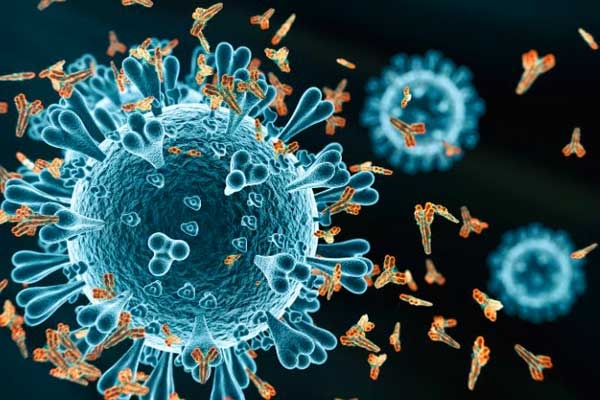
(Image source from: Canva.com)
Scientists have warned that the more "contagious" type of coronavirus, called XEC, is spreading faster across Europe and could soon become the dominant strain. According to the BBC, the new variant was first discovered in Germany in June and since then the XEC variant has appeared in the UK, US, Denmark and several other countries. Experts say the new strain, the Omicron subspecies, has new mutations that could help spread infections this fall, but vaccines should still help prevent severe cases. The XEC type is a combination of the original Ohmmicron subtypes KS.1.1 and KP.3.3, which currently dominate in Europe. According to the Independent, 500 samples from 27 countries, including Poland, Norway, Luxembourg, Ukraine, Portugal and China, contain XEC so far. Experts say that this type is increasing significantly in Denmark, Germany, Great Britain and the Netherlands. Professor Francois Ballou, director of the Institute of Genetics at University College London, told the BBC that while XEC had a "moderate transmission advantage" compared to other newer strains of the coronavirus, the vaccines were unlikely to be effective. However, he added that XEC could become the dominant subcategory in winter.
Eric Topol, director of the Translation Institute at the Scripps Research Institute in California, said XEC is “in its infancy.” “And it takes weeks and months for it to really gain traction and make waves,” he said. “There is no doubt that XEC is the leader and it looks like it will be the next version. But there are still a few months to reach the high standards,” said Topol. The symptoms of the XEC type are similar to those of previous types of coronavirus, including fever, sore throat, cough, loss of smell, loss of appetite and body aches. But because it is still only a subfamily of the micron lineage, experts say current vaccines and boosters provide sufficient protection against serious illness and hospitalization. Separately, the US Centers for Disease Control and Prevention (CDC) also advised people to practice good hygiene and take steps to purify the air. Additionally, researchers are calling for closer monitoring of XEC to better understand its symptoms.










